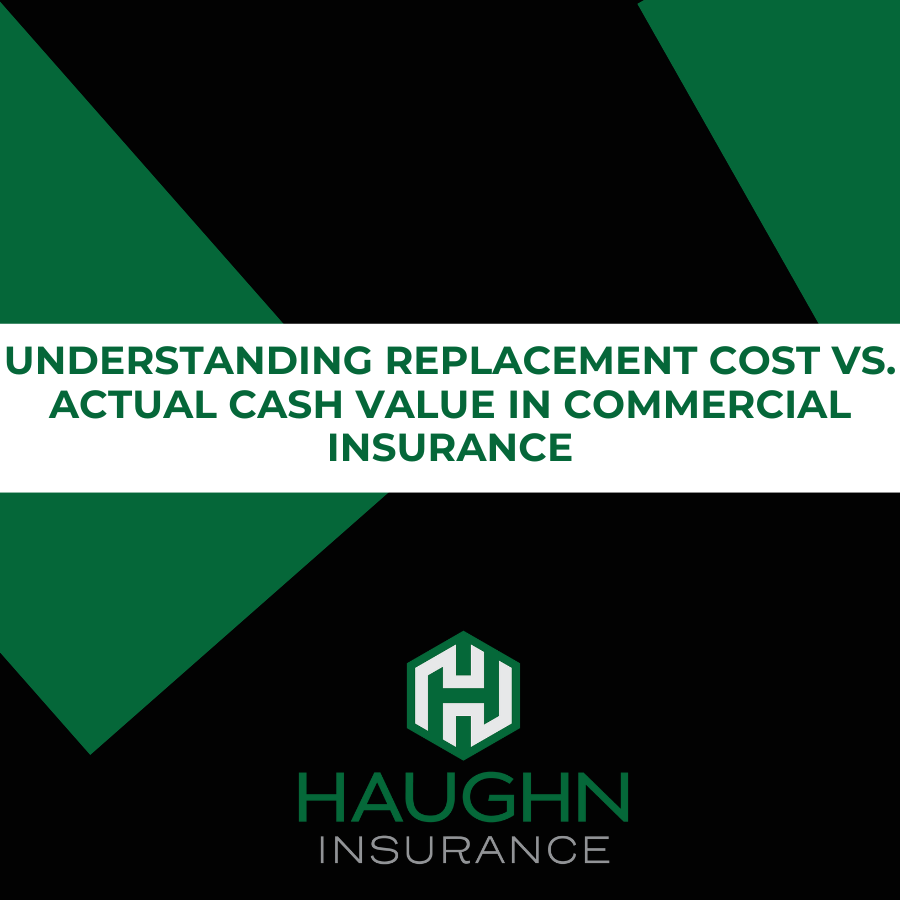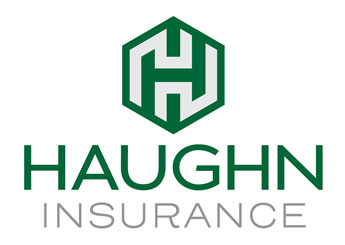
When it comes to protecting your business, not all insurance coverage is created equal. One of the most critical decisions you’ll make when selecting a commercial property policy is whether to insure your assets at Replacement Cost (RC) or Actual Cash Value (ACV). The difference between these two options could mean thousands of dollars—and your ability to recover quickly after a loss.
What Is Replacement Cost (RC)?
Replacement Cost coverage ensures that if your business property is damaged or destroyed, your insurance will pay to repair or replace it with a new item of similar kind and quality—without deducting for depreciation. This means you won’t have to cover the financial gap caused by age or wear and tear.
For example, if a fire destroys a piece of manufacturing equipment that originally cost $50,000, but the cost of a new, comparable machine is now $60,000, RC coverage would pay the full $60,000 to replace it.
What Is Actual Cash Value (ACV)?
Actual Cash Value coverage, on the other hand, factors in depreciation. Instead of paying what it costs to replace your property today, ACV coverage reimburses you for the replacement cost minus depreciation. The older the asset, the lower the payout.
Using the same example, if that $50,000 piece of equipment is five years old and has depreciated by 40%, ACV coverage would only pay out $30,000. That means you’d have to come up with the remaining $30,000 if you need to replace it with a new model.
Why This Matters for Your Business
The type of coverage you choose can make or break your ability to recover after a loss. Many commercial property policies default to ACV coverage unless Replacement Cost is specifically requested. While RC coverage is often a bit more expensive, it’s typically the smarter choice for businesses that need to be back up and running quickly—without unexpected financial setbacks.
Key Takeaways
- Replacement Cost (RC): Pays for new property of similar kind and quality; no depreciation.
- Actual Cash Value (ACV): Pays for the depreciated value of property; often results in lower payouts.
- Choosing the Right Coverage: Consider the age and value of your assets, your financial ability to absorb coverage gaps, and how quickly you need to be operational again after a loss.
At Haughn Insurance, we specialize in helping businesses like yours find the right coverage to protect what matters most. We’ll walk you through your policy options and ensure you’re not left with unexpected out-of-pocket costs when disaster strikes. Let’s talk about how we can safeguard your business with the right insurance solutions—so you can focus on what you do best.

